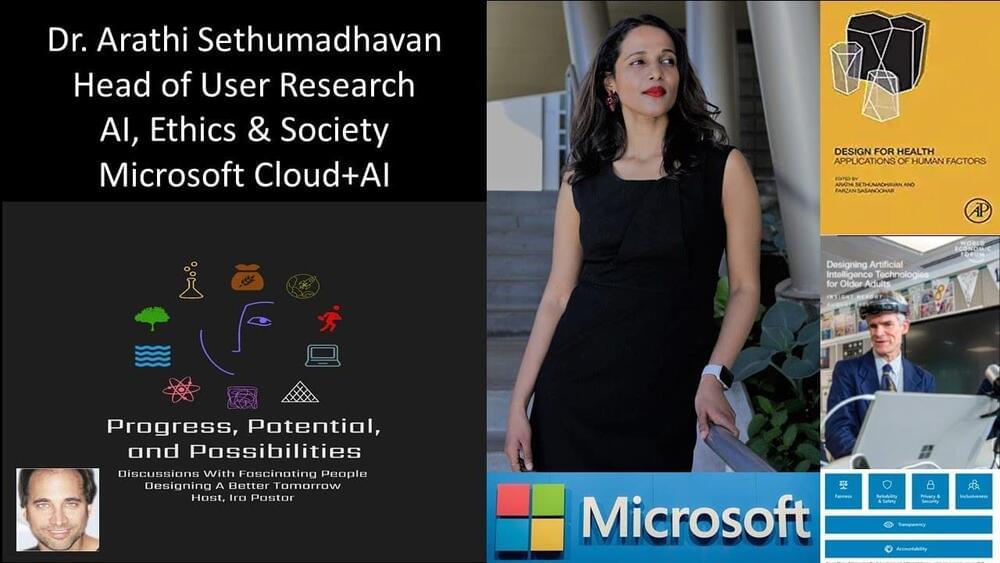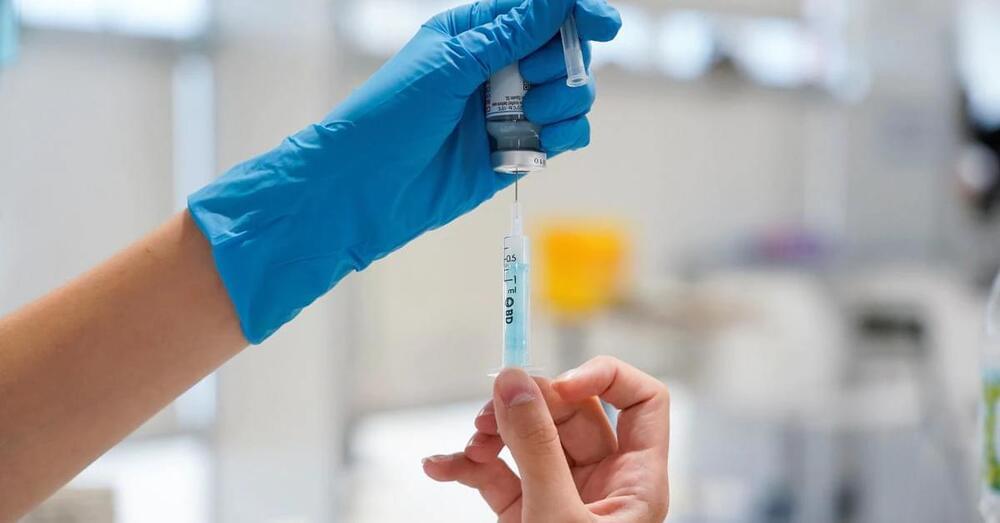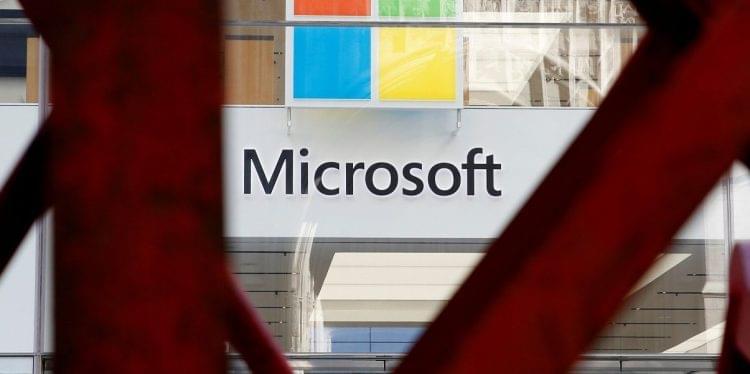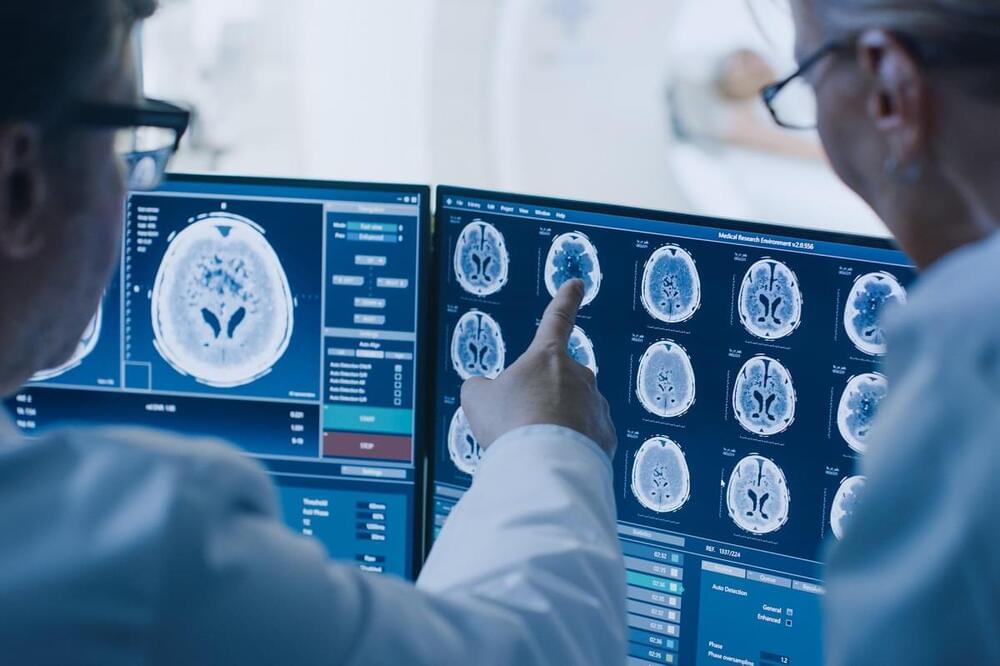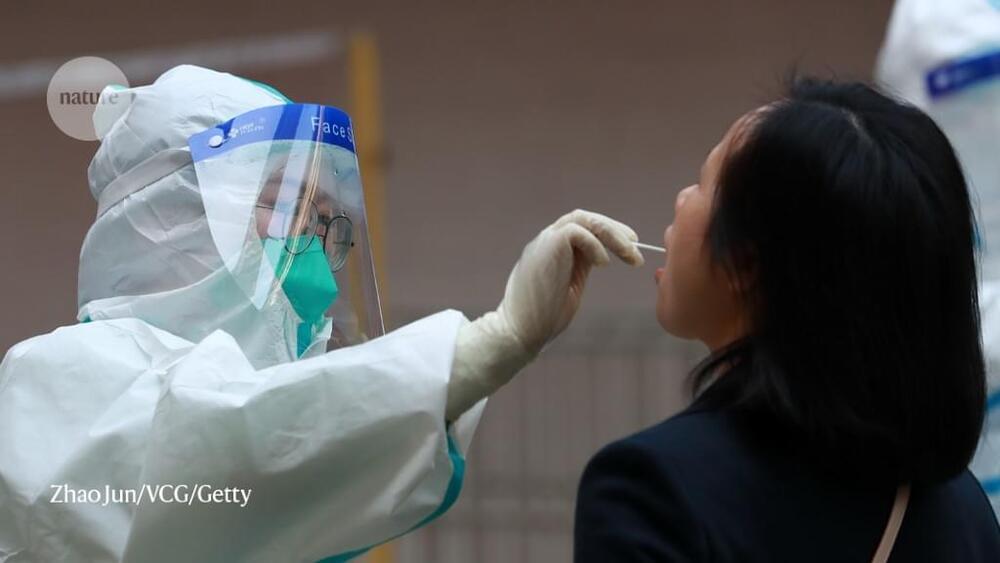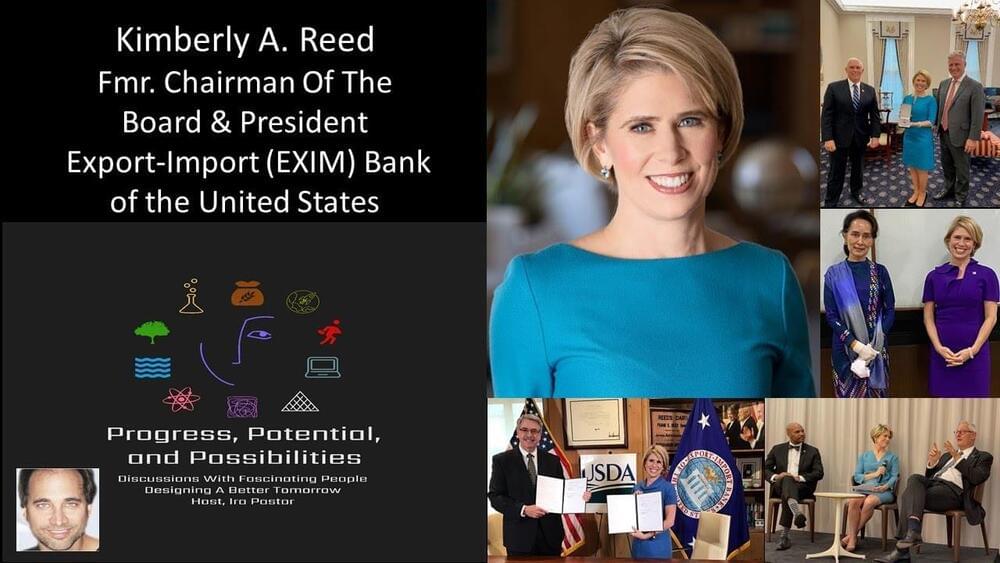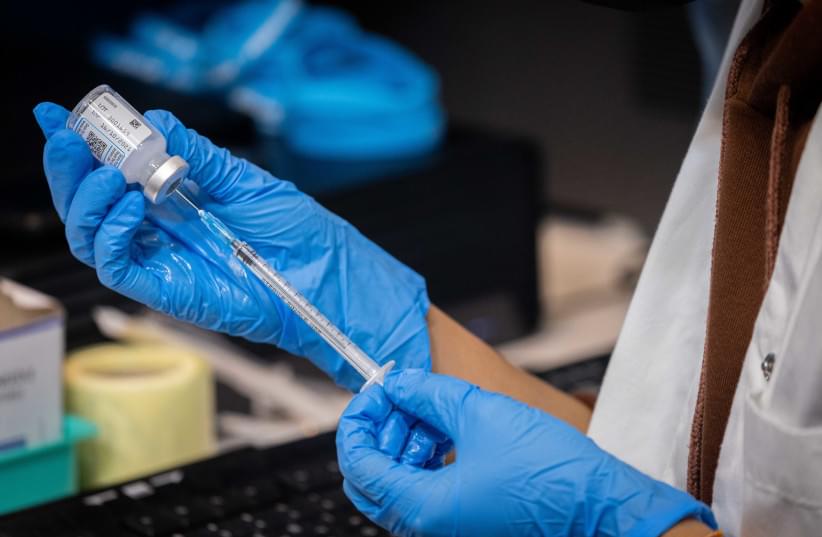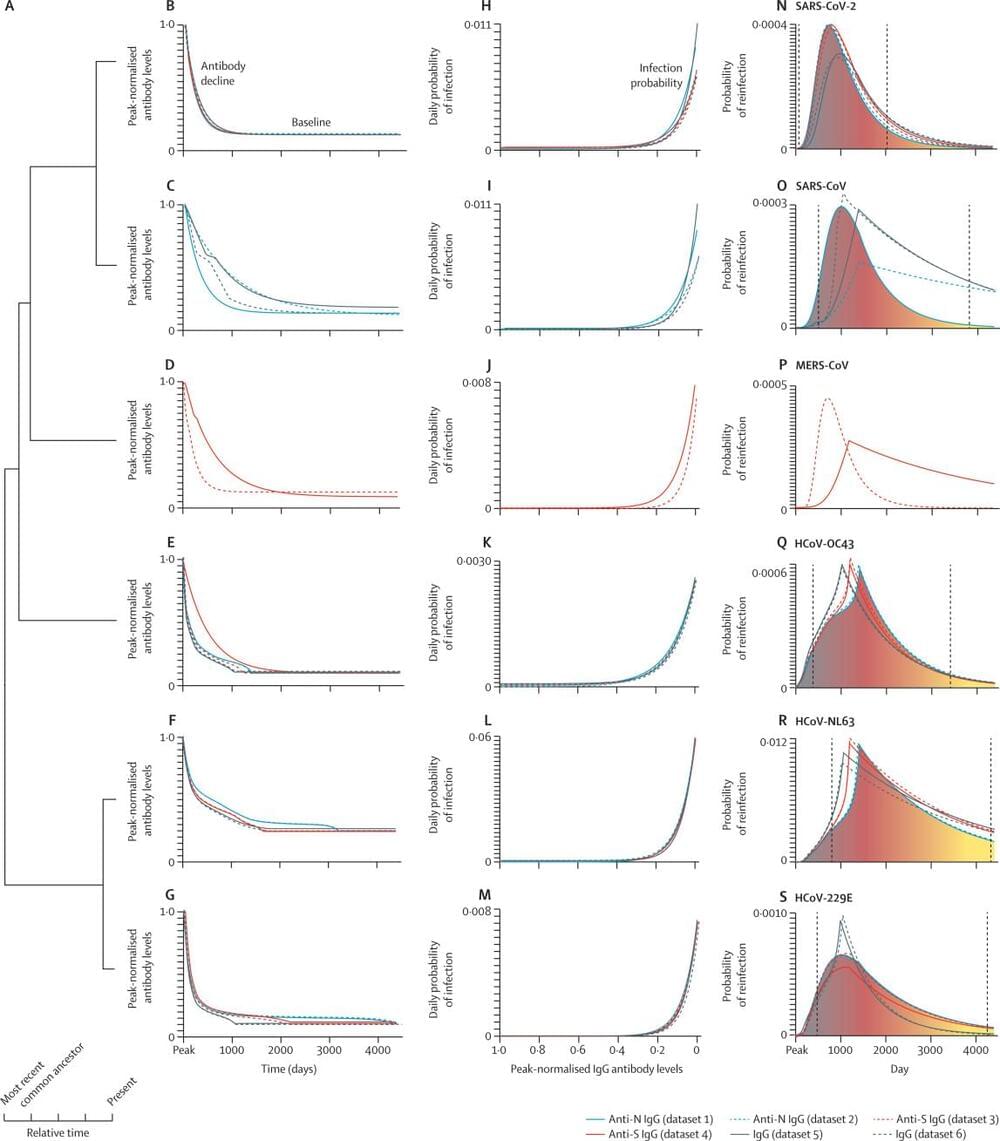Human Factors, Ethical Artificial Intelligence, And Healthy Aging — Dr. Arathi Sethumadhavan, PhD, Head of User Research, AI, Ethics & Society, Microsoft Cloud+AI.
Dr. Arathi Sethumadhavan, Ph.D. is Head of User Research for AI, Ethics & Society, at Microsoft’s Cloud+AI organization, where she works at the intersection of user research, ethics, and product experience.
In her current role, Dr. Sethumadhavan is focused on the Microsoft AI ethical principles (privacy and consent, fairness, inclusion, accountability, and transparency) as it relates to various Microsoft AI experiences.
Dr. Sethumadhavan is a seasoned research leader, with two decades of experience studying human-technology interaction, and during the course of her career, she has led user research for several novel and complex applications (e.g., Microsoft’s custom neural voice, facial recognition), as well as at Medtronic, where she provided human factors leadership to multiple products in the Cardiac Rhythm and Heart Failure portfolio, including the world’s smallest pacemaker. She has also spent several years investigating the implications of automation on air traffic controller performance and situation awareness.
Dr. Sethumadhavan is also a Fellow at the World Economic Forum, where she is working on unlocking opportunities for positive impact with AI to address the needs of the aging population.
Dr. Sethumadhavan has published ~60 articles on a range of topics from patient safety, affective computing, and human-robot interaction, has delivered ~80 lectures, has been cited by the American Psychological Association and the Economist, and has worn many hats along the way, including research leader, strategist, author, mentor, editor, keynote speaker, and sometimes adjunct professor.
Dr. Sethumadhavan’s book, “Design for Health: Applications of Human Factors”, was published in 2020.
Dr. Sethumadhavan has a PhD in Experimental Psychology (specialization in human factors and ergonomics) from Texas Tech University and an undergraduate degree in Computer Science University of Calicut.
